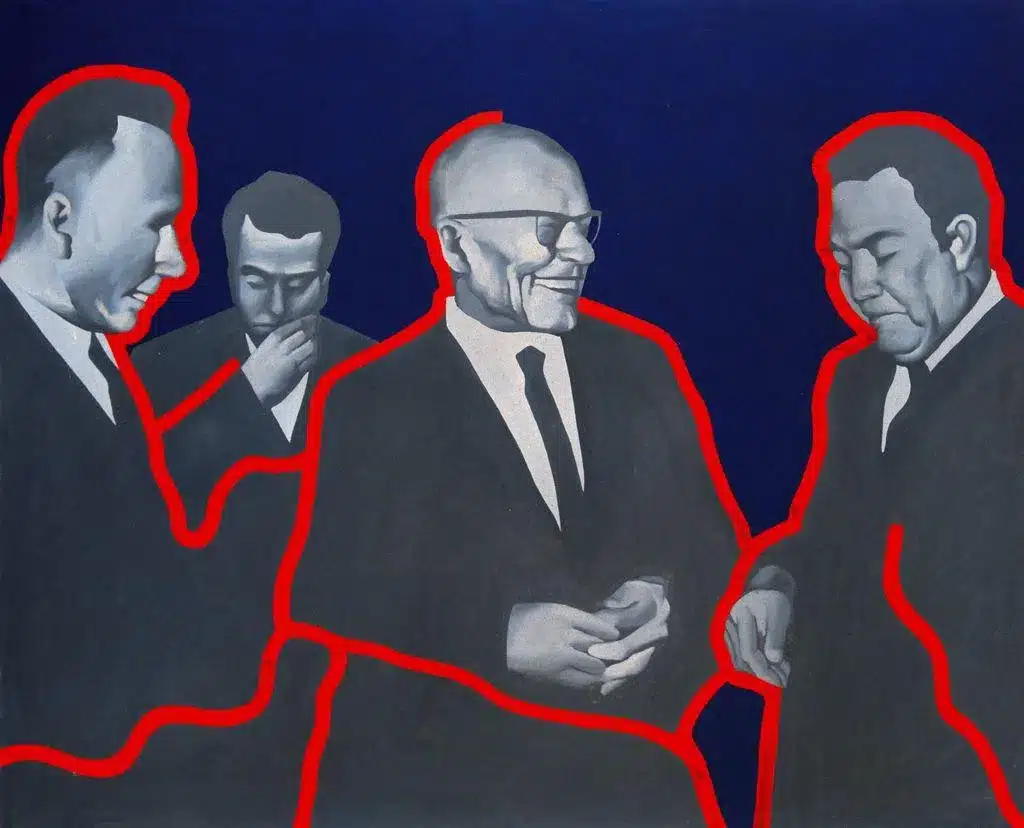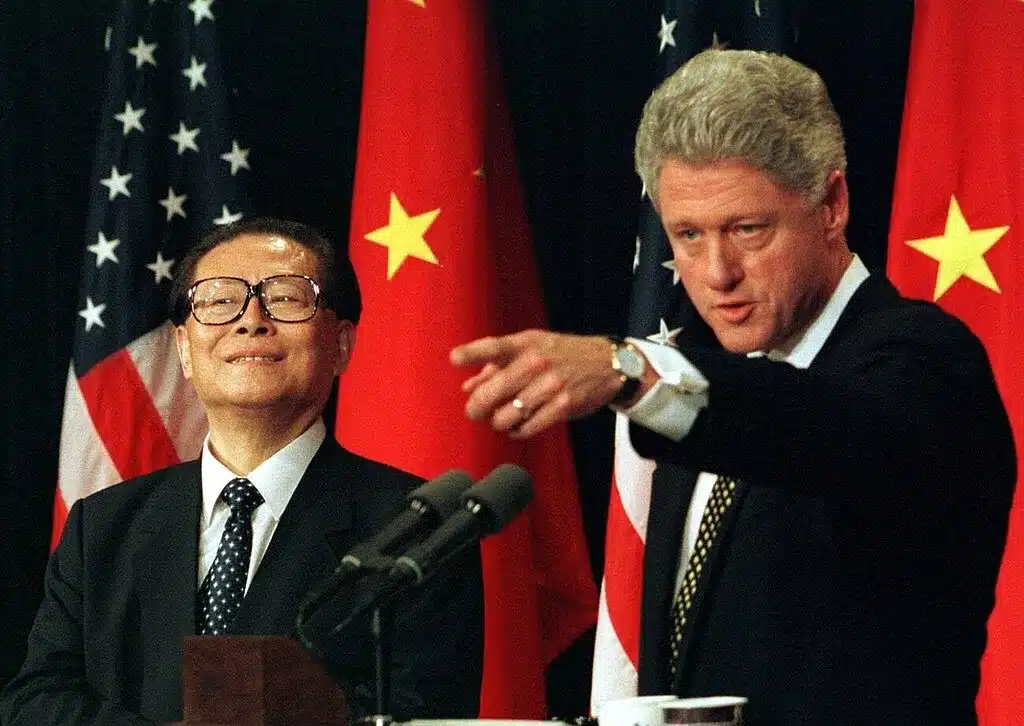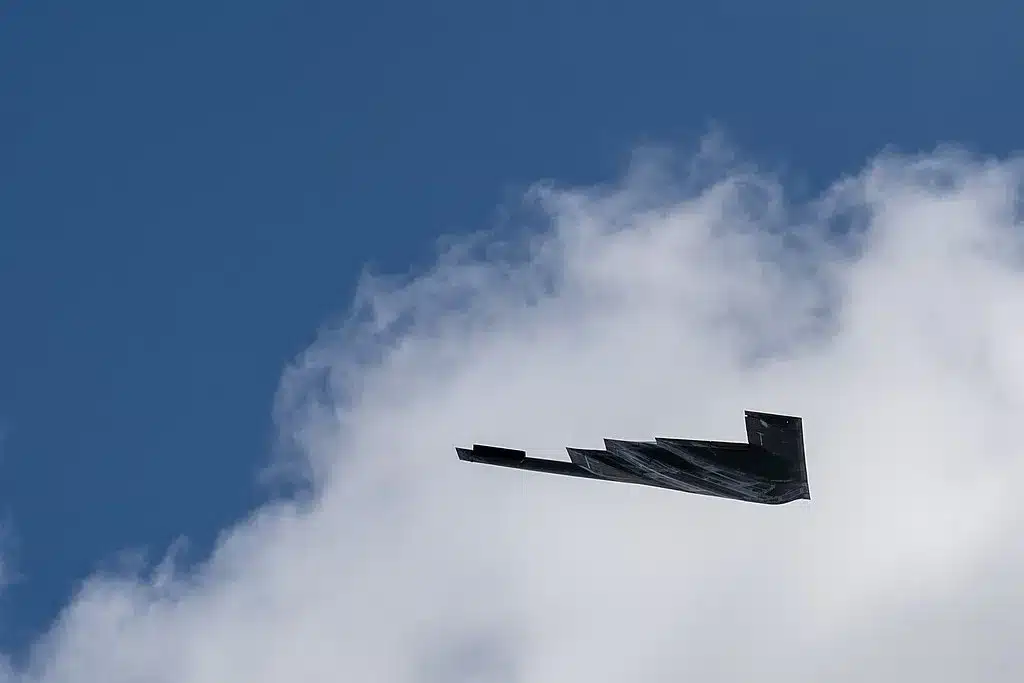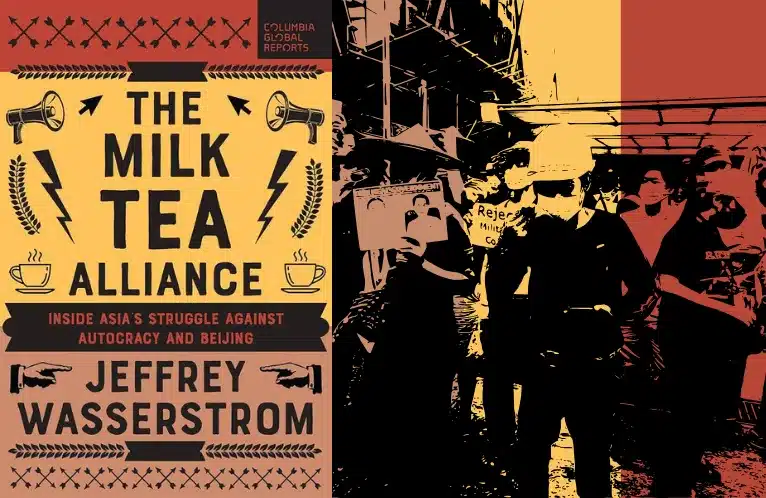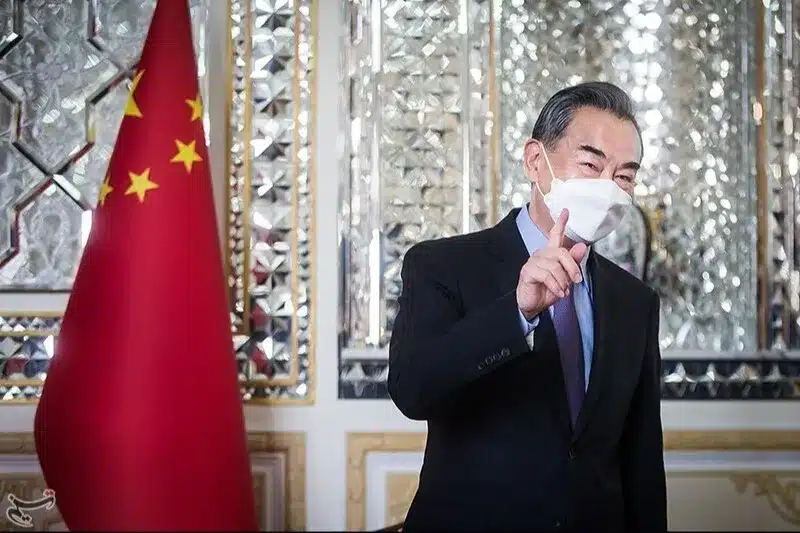“Meeting the Challenge of China” with Senator Mark Warner, US Institute of Peace
Photo Credit: UISP
Robin Fu
On September 23, Senator Mark R. Warner delivered remarks on U.S. – China relations at an event hosted by the United States Institute for Peace (UISP)’s China Program. He emphasized China’s threat to U.S. power and global influence through utilizing the global access, resources, and power that the Chinese Communist Party (CCP). Additionally, U.S. foreign policy could not ignore China’s human rights violations and exploitation. Sen. Warner stated that the conflict between the U.S. and China stems from differences in morality and values. He argues that the U.S. must cooperate with other nations that share similar values with the U.S. in order to reinforce the existing international order and maintain the U.S.’s competitiveness in foreign diplomacy and economic affairs.
Warner stated he previously believed that while conflict between the U.S. and China was to be expected, the two international powers would bend towards cooperation. However, Warner states that the threat of Chinese economic competition from state-subsidized corporations and technology theft changed his views. After the U.S. intelligence community reached a consensus in 2015 that President Xi’s consolidation of power meant the CCP was no longer willing to cooperate with the U.S., Warner stated that he became much more wary of “Chinese dominance.” In particular, Warner criticized China’s deployment of military forces abroad as a modern imperialist strategy. He also cautioned that the Belt and Road Initiative is exporting a form of state-run capitalism that invades individual privacy by establishing surveillance infrastructure designed to target and identify dissenters. Warner argued that, towards the end of his second term, President Obama should have developed tougher policy stances towards China.
Warner argued that because China is “playing by its own rules”, it threatens the values of enterprise and freedom that allowed for decades of global stability and prosperity. Warner believes that the conflict with China comes from “moral disagreements” between China and the U.S. According to Warner, China sacrificed human rights to pursue the goals of the CCP and strengthen its position both domestically and abroad. Warner commended the Trump administration for highlighting the urgency of the threat posed by China. However, Warner disagreed with President Trump’s approach of isolating the United States from its allies. Instead, Warner argues that the U.S. must find allies who share American values to create industry standards for technology, develop telecommunication infrastructure, and maintain the existing international order.
On top of looking to foreign allies, Warner also asserted that the United States’ citizens and institutions must recognize the threat that China poses as well. Warner argued the U.S., must tighten security for its telecommunication systems, internet interfaces, and supply chains. He further argued that the U.S. must also protect the research conducted in government labs and universities while strengthening export controls. He further urged universities to reduce their dependence on tuition from Chinese international students as the U.S. changes its stance towards China. Warner mentioned more generally that international and first-generation students are some of the U.S.’s greatest assets, and the U.S. should shift towards immigrant-friendly policies to attract and retain these students. He stated that corporations should consider human rights affairs when working with China. He urged U.S. investors to refrain from investing in Chinese corporations that advance China’s military, and for U.S. technology companies to be wary of developing technology that enhances the ability of authoritarian regimes to engage in cyber-surveillance and censorship.
Warner stressed the need to incorporate human rights and liberty into U.S. foreign policy. Without these aspects, Warner argued that the U.S. will lose the moral force behind its stance towards China.
References:
https://www.usip.org/events/senator-mark-r-warner-us-china-competition
https://www.usip.org/publications/2019/09/senator-mark-warner-meeting-challenge-china


